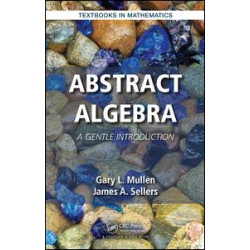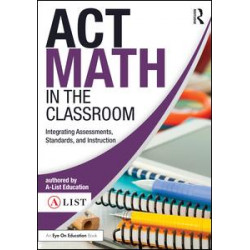
The Routledge Handbook of Phonological Theory provides a comprehensive overview of the major contemporary approaches to phonology. Phonology is frequently defined as the systematic organisation of the sounds of human language. For some, this includes aspects of both the surface phonetics together with systematic structural properties of the sound system; for others, phonology is seen as distinct from, and autonomous from, phonetics. The Routledge Handbook of Phonological Theory surveys the differing ways in which phonology is viewed, with a focus on current approaches to phonology. Divided into two parts, this handbook:
- covers major conceptual frameworks within phonology, including: rule-based phonology; Optimality Theory; Government Phonology; Dependency Phonology; and connectionist approaches to generative phonology;
- explores the central issue of the relationship between phonetics and phonology;
- features 23 chapters written by leading academics from around the world.
The Routledge Handbook of Phonological Theory is an authoritative survey of this key field in linguistics, and is essential reading for students studying phonology.

















